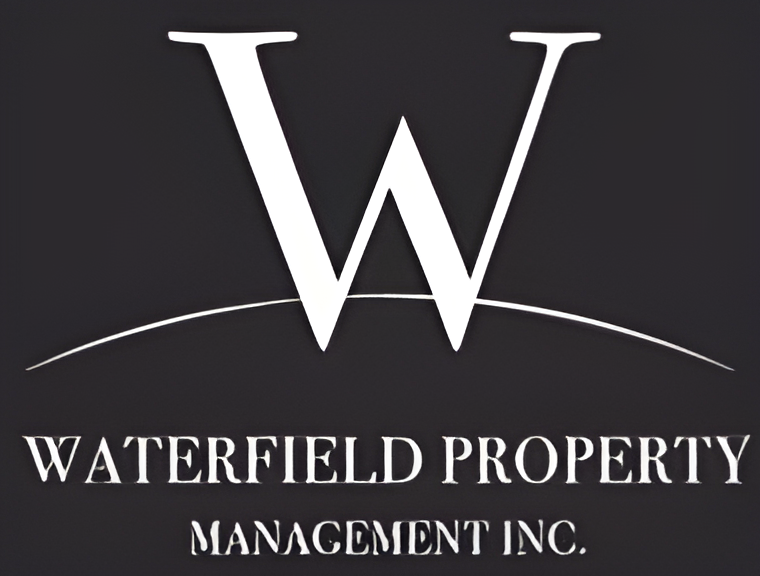A month and a half into 2024, we have noticed that commercial and retail property management is advancing rapidly due to technological advancements, changing market demands, and the ongoing effects of global events such as the COVID-19 pandemic. Here are the top five trends we foresee in the industry this year:
1.Hybrid Work Models and Flexible Spaces:
The shift towards hybrid work models is leading to a re-evaluation of office space needs. Commercial properties are adapting by offering more flexible lease terms and reconfiguring spaces to accommodate co-working areas, collaboration spaces, and private pods, catering to the needs of a changing workforce.
2. Retail Revitalization:
With the shift in consumer behavior, retail spaces are being reimagined. Experiential retail, where shopping is combined with experiences, is on the rise, as is the integration of e-commerce and physical retail spaces to create seamless omnichannel experiences.
3. Adaptive Reuse Projects:
As the demand for certain types of commercial spaces shifts, there’s an increasing trend towards adaptive reuse—converting existing buildings for new purposes. This can include transforming office buildings into residential units, co-working spaces, or mixed-use developments.
4. Data-Driven Decision Making:
The use of data analytics in commercial property management is growing, enabling managers to make more informed decisions regarding property operations, tenant preferences, and market trends. This can lead to optimized performance, better tenant retention, and increased profitability.
5. Health and Safety Measures:
Post-pandemic, there’s a sustained focus on health and safety within commercial spaces. This includes maintaining high standards of cleanliness, improving air quality, and implementing touchless technologies to minimize health risks.
These trends reflect the ongoing evolution of the commercial property management industry, driven by innovation, sustainability, and changing market dynamics. Adapting to these trends is essential for property managers seeking to stay competitive and meet the evolving needs of tenants and investors.



